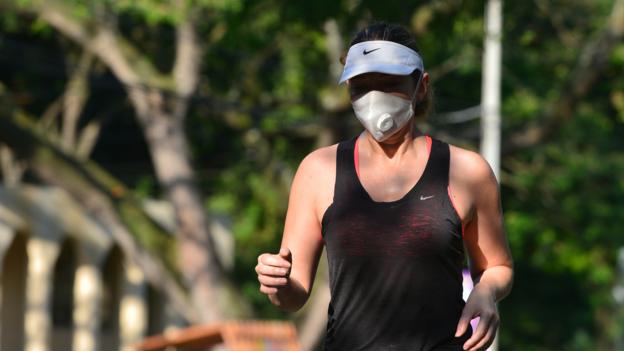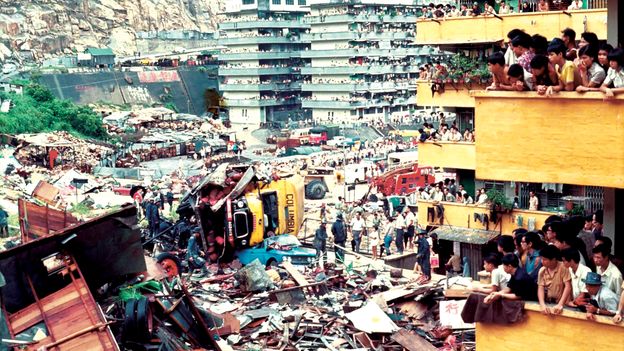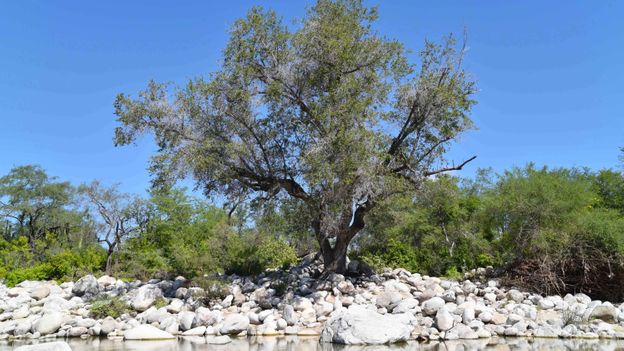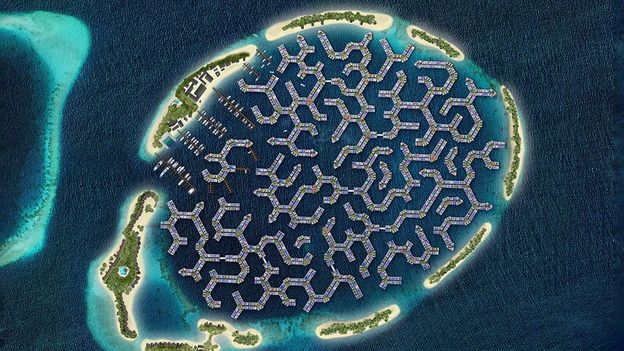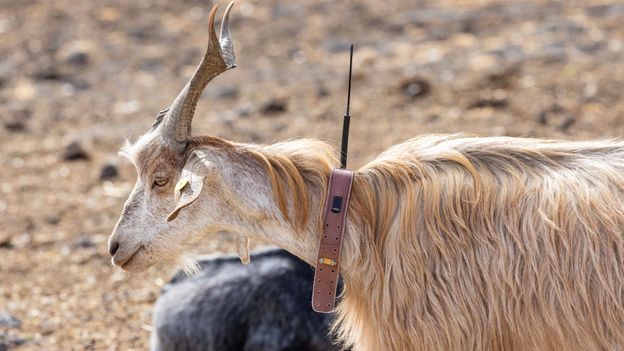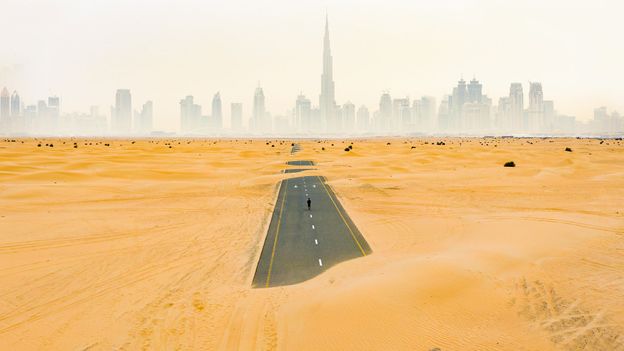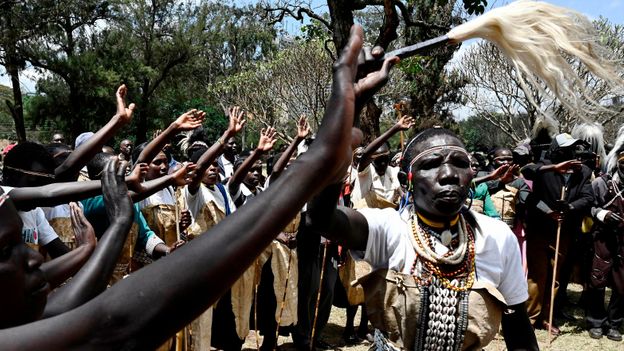Some cities have hatched plans to avoid this. Milan, which lies in Italy’s worst-hit region of Lombardy, plans to emerge from the lockdown with cleaner transport options in place. “The aim is to ensure the virus spreading containment through soft and sustainable mobility solutions,” Milan’s mayor Giuseppe Sala. “It is key that [lifting the lockdown] does not result in an excessive use of private cars, with a consequent increase in air pollution.”
To deter people from getting in their cars, Milan will create 35km of new cycle paths to make cycling and scooter transport more accessible. Milan metro will only run at 30% capacity to allow for social distancing, reducing the number of passengers it can carry from 1.4 million to 400,000 people.
It is crucial that governments invest in a more sustainable society, experts say. “Today we recognise that the world can change on a dime,” McCarthy said. “We have to invest those stimulus dollars towards a better future [and] be prepared to respond to pandemics like this.”
The global response to Covid-19 should be harnessed to create a healthier society, one that is better prepared for emergencies, according to Neira.
“After the masks are gone, we will breathe cleaner,” she says.
—
The emissions from travel it took to report this story were, unsurprisingly, 0kg CO2: the writer interviewed sources remotely from the safety of lockdown. The digital emissions from this story are an estimated 1.2g to 3.6g CO2 per page view. Find out more about how we calculated this figure here.
—
Join one million Future fans by liking us on Facebook, or follow us on Twitter or Instagram.
If you liked this story, sign up for the weekly bbc.com features newsletter, called “The Essential List”. A handpicked selection of stories from BBC Future, Culture, Worklife, and Travel, delivered to your inbox every Friday.

